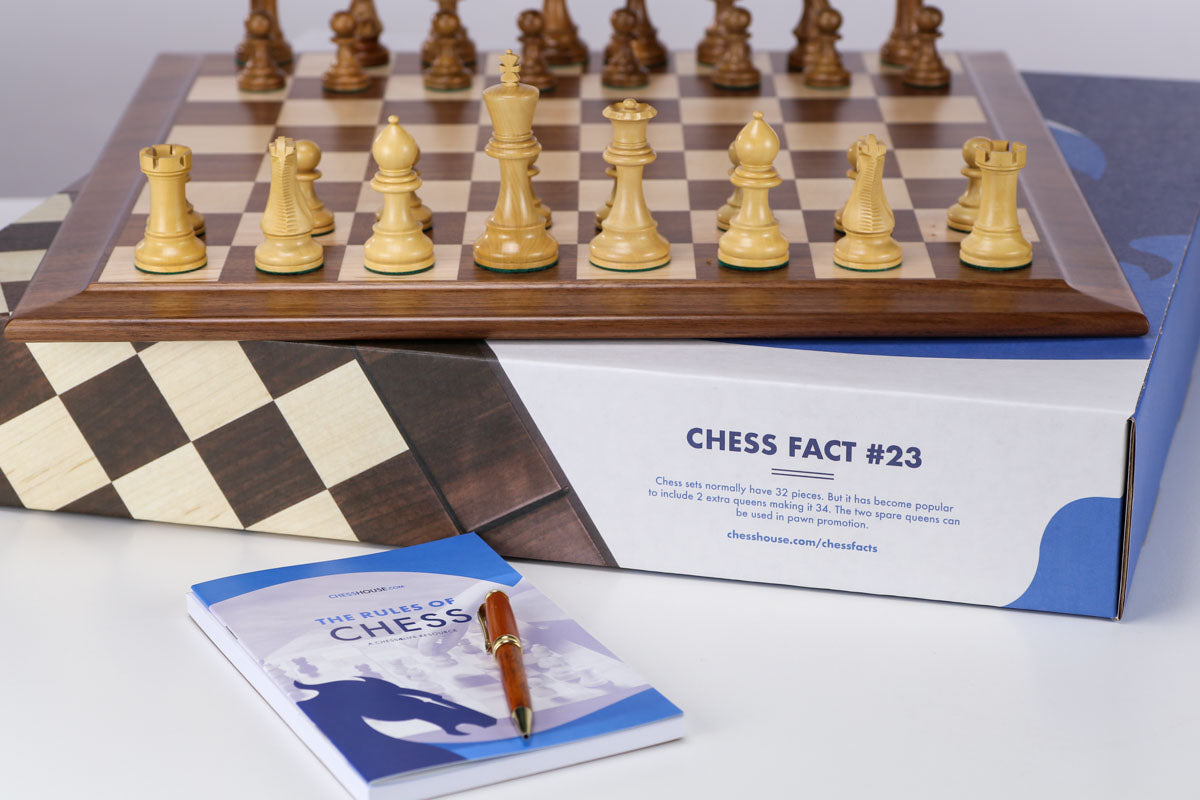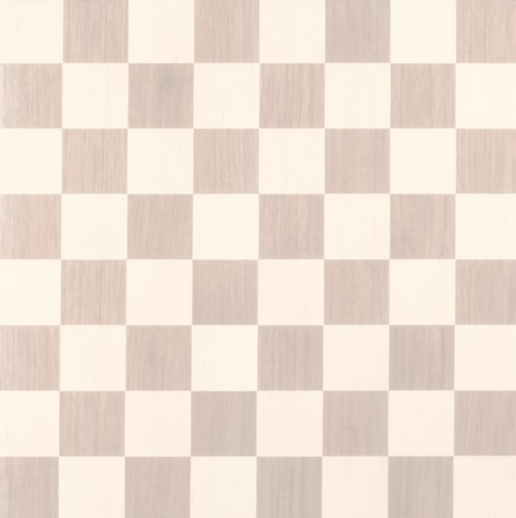1. Research and Planning:
Begin by researching the benefits of chess in education. Gather information about successful chess programs in schools, both locally and globally. Understand the curriculum, resources, and strategies they employ. Identify the age groups and grade levels you wish to target.
2. Support and Approval:
Seek support from the school administration, teachers, and parents. Explain the educational benefits of chess and how it aligns with the school's goals. Obtain the necessary approvals to ensure a smooth start and ongoing support.
3. Recruit Chess Enthusiasts:
Identify teachers, parents, or community members who are enthusiastic about chess and willing to volunteer their time. Having knowledgeable and passionate individuals involved can greatly enhance the program's success.
4. Resources and Equipment:
Gather chess sets, boards, and clocks from Chess House school supplies. If budget allows, invest in good quality equipment that can withstand regular use. You might also consider digital platforms for virtual practice and learning.
5. Curriculum Development:
Develop a structured curriculum based on the students' age and skill levels. Start with the basics of chess rules, piece movements, and the objective of the game. Gradually introduce more advanced concepts like tactics, strategies, and openings.
6. Lesson Plans:
Create engaging lesson plans that combine theory and practice. Incorporate interactive activities, puzzles, and games to reinforce learning. Make sure the lessons are progressive, allowing students to build upon their skills.
7. Chess Club or Class:
Decide whether you want to establish an after-school chess club or integrate chess into the curriculum as an elective class. Both options have their advantages; a club offers flexibility, while a class ensures a consistent learning schedule.
8. Promotion and Recruitment:
Promote the chess program through school newsletters, announcements, and parent-teacher meetings. Highlight the cognitive benefits of chess and its positive impact on academic performance.
9. Engaging Activities:
Organize regular chess tournaments, friendly matches, and interactive sessions. These activities foster a sense of camaraderie among students and provide opportunities to apply their skills in a fun and competitive environment.
10. Ongoing Training:
Provide regular training for the volunteer instructors. Encourage them to attend workshops, online courses, or seek certification from chess organizations. Well-trained instructors can deliver high-quality instruction and maintain student engagement.
11. Assessment and Recognition:
Introduce a system to track students' progress. Recognize achievements through certificates, medals, or trophies. Celebrate milestones and improvements to boost students' motivation.
12. Parent Involvement:
Encourage parents to participate in the chess program. Organize parent-child chess events, where students can showcase their skills and enjoy chess with their families.
13. Feedback and Adaptation:
Collect feedback from students, parents, and instructors regularly. Use this feedback to refine the curriculum, adjust teaching methods, and enhance the overall program experience.
14. Showcase Success:
Regularly share success stories, improvements in critical thinking, and academic achievements resulting from the chess program. This demonstrates the program's value and encourages more students to join.
Starting a chess program in a school requires careful planning, dedication, and a genuine interest in fostering students' intellectual growth. By creating a structured curriculum, involving passionate instructors, and engaging students through interactive challenges, you can establish a successful and rewarding chess program that leaves a lasting impact on young minds.
Chess4Life can help you run a successful program by guiding you and providing resources for the elements above.










Leave a comment
All comments are moderated before being published.
This site is protected by hCaptcha and the hCaptcha Privacy Policy and Terms of Service apply.